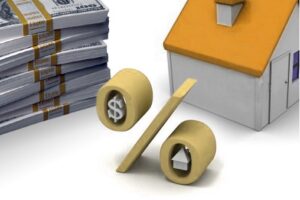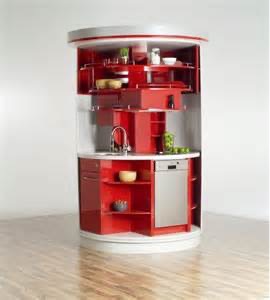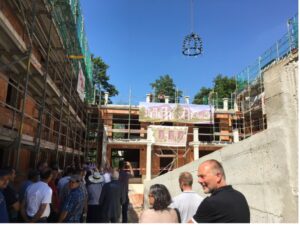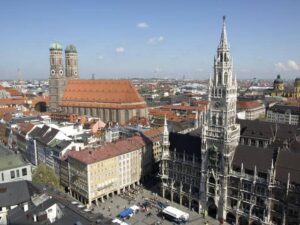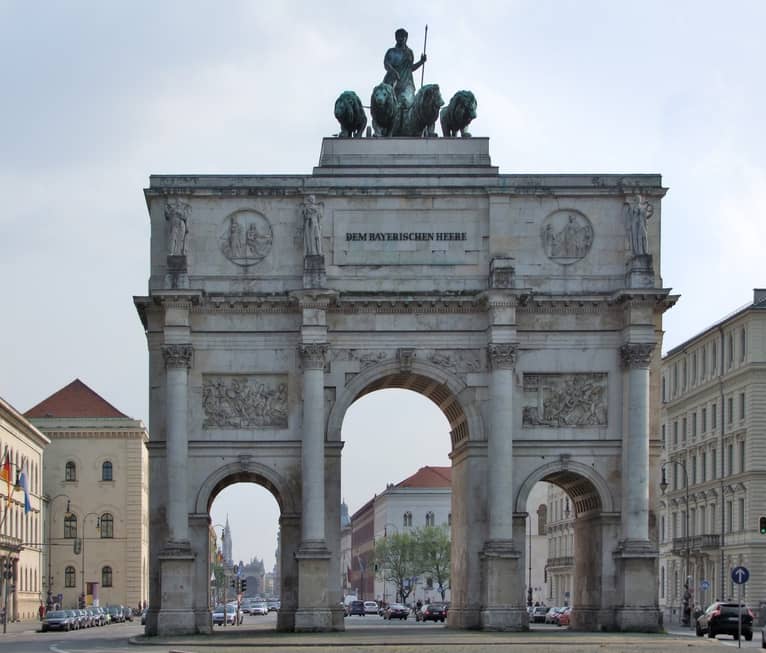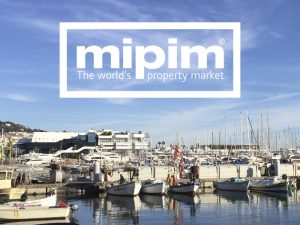RESIDENTIAL REAL ESTATE MARKET OF MUNICH. REPORT FOR THE 1st HALF OF 2014 ACCORDING TO EKM DATA
RESIDENTIAL REAL ESTATE MARKET OF MUNICH. REPORT FOR THE 1st HALF OF 2014 ACCORDING TO EKM DATA
Report for the 1st half of 2014
EKM – Expert Commission for the valuation of land in the area of the city of Munich
In the first half of 2014, the Munich real estate market was relatively buoyant again. In almost all submarkets of built-up and non-built-up land plots, the number of purchase and sale transactions exceeded the level of the previous year. At the same time, about 4.5 billion Euros were sold on the entire real estate market. The growth rate of money turnover amounted to about 11 percent compared to the same period of the previous year.
In the market of private apartments, the number of concluded sale and purchase agreements has noticeably decreased. Despite this, the volume of money turnover, according to the preliminary calculation, slightly exceeded the figures of the previous year. According to the market analysis, the increase in turnover in the apartment market is associated with continued high demand and new price increases.
Turnover dynamics
Market of undeveloped land plots for construction
Individual housing construction
In the market of land plots for individual housing construction (houses for one to three families, semi-detached houses, duplex houses, private residential buildings), the number of concluded sales contracts in the first half of 2014 corresponded to the level of the previous year. However, there was a decrease in the turnover of areas by 1.8 hectares. As a result, the cash flow decreased slightly.
Cash turnover: minus 4%
Area turnover: minus 10%
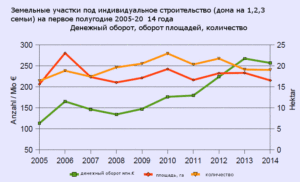
Multi-storey housing construction
In the submarket of land plots for the construction of multi-storey residential buildings, the number of concluded sale and purchase agreements in the first half of 2014 slightly exceeded the value of the same period of the previous year. 35 contracts for the sale and purchase of land plots were registered (in the same period of the previous year – 31). Of these, 16 transactions for the purchase of land plots with a total area of about three hectares were classified as housing construction under the state support program. The turnover of money and the turnover of space decreased significantly in comparison with the level of the previous year.
Cash turnover: minus 36%
Area turnover: minus 36%
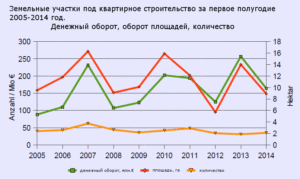
Experience shows that market fluctuations in the segment of undeveloped land for the construction of multi-storey residential buildings are often determined by periodic sales of urban land (usually large areas) and/or long design phases (before development plans come into effect).
Land plots for the construction of commercial real estate.
In the first half of 2014, 22 contracts for the sale and purchase of land plots for the construction of commercial real estate were presented to the expert commission. Of these, 10 sites are intended for the construction of objects of simple commercial purpose (8 in the previous year), and 12 sites (6 in the past year) for the construction of objects of mixed commercial use, in particular, office and administrative buildings.
Despite a doubling in the number of sales of land plots for the construction of mixed commercial properties and an increase in the turnover of areas from 1.9 hectares to 4.5 hectares, the cash turnover in this submarket exceeded the previous year’s figures by only four percent. The absence of a more significant increase in cash turnover is not caused by price increases, but by the fact that the relatively high cash turnover of the previous year was provided by single sales of expensive objects in the inner part of the city (tens of millions).
Built-up land
Individual housing construction
In the market of single-family residential buildings, semi-detached houses, semi-detached residential buildings, as well as small residential buildings, the expert committee registered 13 percent more sales contracts in the first half of 2014 than in the first half of 2013. At the same time, there was a significant increase cash flow and space turnover.
Area turnover: plus 23%
Cash turnover: plus 25%
Residential buildings with apartments for rent
For multi-storey residential buildings with apartments for rent, in the first half of 2014, 7 sales contracts were registered less than in the same period of the previous year. However, the cash turnover for the reporting period increased slightly compared to the previous year.
Number of contracts: minus 9%
Cash turnover: plus 3%
Commercial objects
In the commercial real estate market during the reporting period, three sales contracts were registered more than in the previous year. 51 purchase and sale transactions allowed in the first half of 2014 to reach a cash turnover of about 1.3 billion Euros. The volume of money circulation exceeded the level of the previous year by about 380 million euros. The noticeable increase in turnover was driven primarily by the sale of individual large office and administrative buildings, as well as a hotel in the inner city.
Number of contracts: plus 6%
Cash turnover: plus 42%
Home ownership and fractional ownership
In the market for privately owned apartments and shared properties (such as offices, shops or parking spaces in underground garages), the number of sales in the first half of 2014 fell by nine percent compared to the previous year. Despite this, the money turnover, according to preliminary estimates, exceeded the figures of the previous year by three percent.
The actual value of cash turnover and the distribution of sale and purchase transactions by submarkets (apartments in new buildings, used apartments and objects of shared ownership) for the reporting period can only be estimated, since not all submitted sales contracts have yet been entered into the database purchase price register data.
Of the approximately 5,200 private apartments/share properties sold, approximately 29% were new buildings (approx. 1,490 contracts).
Market trends and price development
Despite the decrease in the number of concluded contracts for the sale of private apartments, in the first half of 2014, the Munich real estate market saw a very high turnover. Compared to the previous year, cash turnover increased by almost 11 percent. At the same time, according to the analysis, in almost all areas of the residential real estate market there was an increase in prices. Demand is high and supply is limited.
Purchase prices on the market of undeveloped land plots for housing construction again exceed the figures of the previous year. However, in these market segments, the number of analyzed purchase and sale transactions is still too small for specific estimates of growth rates.
In the private apartment market, cash turnover increased slightly in the first half of 2014, although the number of sales decreased markedly. An analysis of purchase prices for apartments in new buildings confirms a noticeable increase in prices, in particular for objects with a mediocre location.
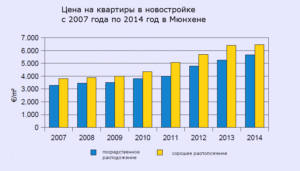
There was also a continued increase in prices for private apartments in the secondary market with a mediocre and good location. The graph below shows the dynamics of prices for apartments in houses of different years of construction. However, the 2014 price data can only serve as a trend indicator. A more accurate price analysis is possible in a later period based on the processing of more information about sales transactions.
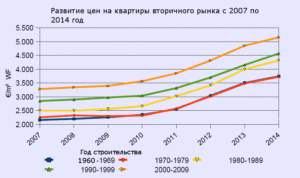
Prices, further price dynamics
Prices for land plots for the construction of single-family houses with a mediocre and good location – exceed the average market value of real estate as of 12/31/2012 by approximately 35%.
Prices for land plots for the construction of apartment buildings with a mediocre and good location – exceed the average market value of real estate as of December 31, 2012 by approximately 20%.
Increase in the price level of houses with apartments for rent, average interest rate of about 2.5% (range: 1.5 – 3.4%), 19 ratings (years of construction: 1878 – 1976), with / without protection of historical monuments historical monuments.
Price of an apartment in a new building:
- with a mediocre location – an average of about 5.650 Euro / m2 of living space
- with a good location – on average about 6.450 Euro/m2 of living space
Secondary market apartments with protection of historical monuments:
with a mediocre location – an average of about 5.600 Euro / m2 of living space
with a good location – an average of about 7.000 Euro / m2 of living space
Price level for half of new semi-detached houses with mediocre and good location
- on average about 900.000 Euro
- approx. 6.700 Euro/m2 living space (approx. 135 m2 living space, plot area approx. 300 m2)
Resale prices for half semi-detached houses, with mediocre and good location
on average about 700.000 Euro
- approx. 5.600 Euro/m2 living space (approx. 125 m2 living space, land area
- approx. 375 m2, built 1926 – 2009)
Price level for new semi-detached corner houses with mediocre and good location
- on average about 715.000 Euro
- approx. 5.950 Euro/m2 living space (approx. 120 m2 living space, land area approx. 275 m2)
Prices for semi-detached corner houses with a mediocre and good location in the secondary market
- on average about 580.000 Euro
- approx. 5.500 Euro/m2 living space (approx. 105 m2 living space, land area approx. 355 m2, built 1958-2004)
Price level for new average semi-detached houses with mediocre and good location
- on average about 675.000 Euro
- approx. 5.400 Euro/m2 living space (approx. 125 m2 living space, land area approx. 160 m2)
Price level for new average semi-detached houses with average and good location
- on average about 565.000 Euro
- approx. 5.150 Euro/m2 living area (approx. 110 m2 living area, land area approx. 225 m2, built 1961-2005)
Munich Expert Committee The activities of the Munich Expert Committee are based on the maintenance of a database of the purchase price register and the analysis of relevant information. The data and information analysis of the database of the purchase price register serve to ensure market transparency and are published annually by an expert commission in the report on the real estate market.
In addition to mostly salaried real estate appraisers, the Munich Expert Committee also includes, as freelancers, representatives from the tax office, the planning department and, more recently, project developers, developers and realtors.
Imprint: Publisher: Branch of the Munich Expert Commission for Land Valuation in the Munich area. September 2014 Responsible for content: Dipl. eng. (FH) Helmut Thiele, MRICS, chairman of the expert committee. Translation: WiP Immobilien GmbH
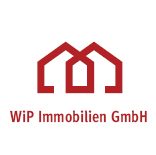



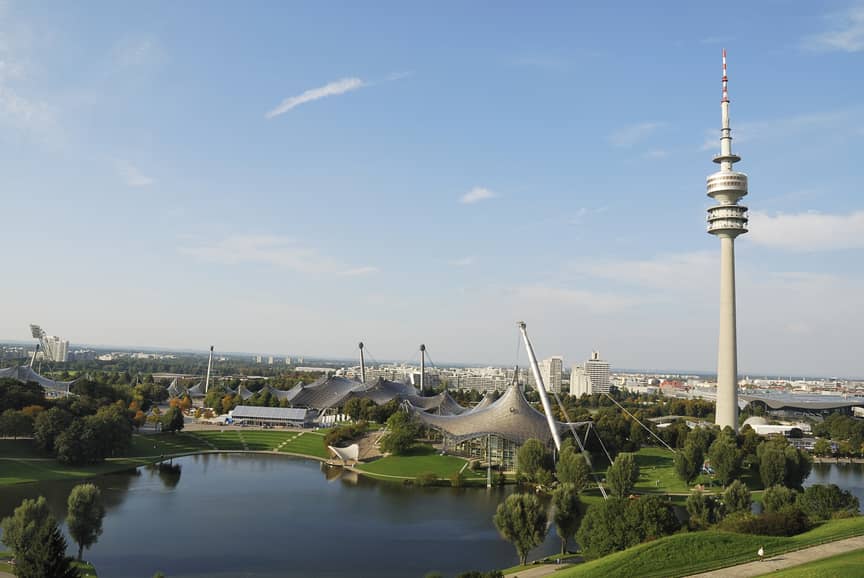

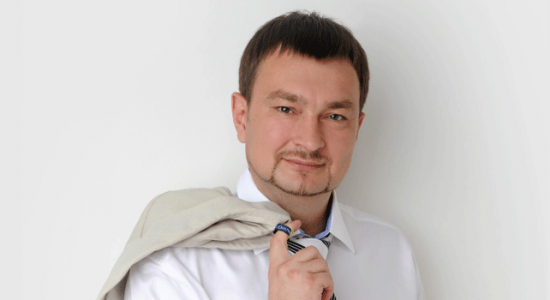

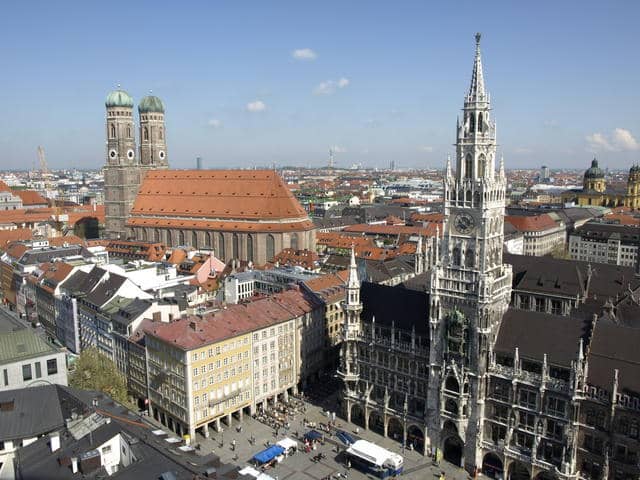

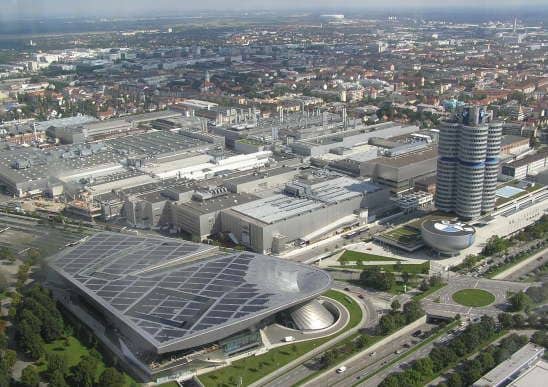

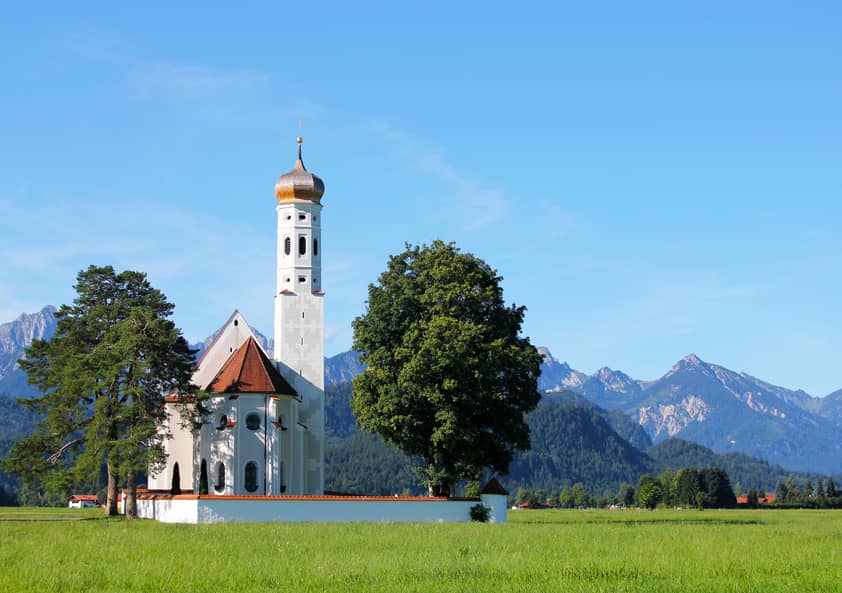



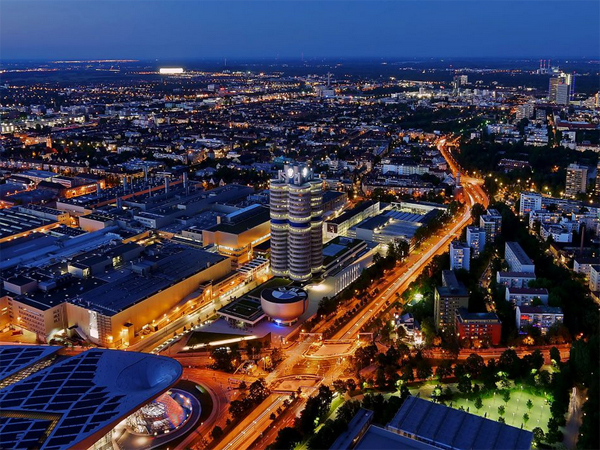

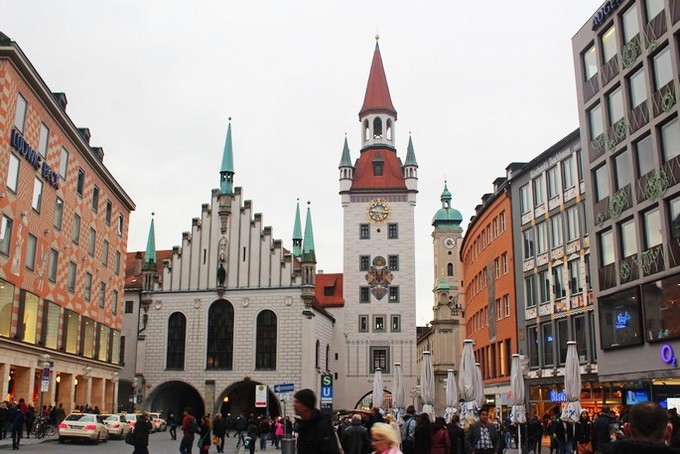
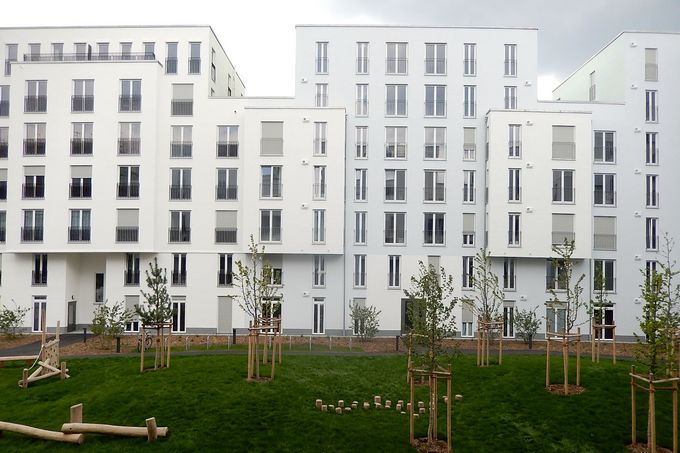
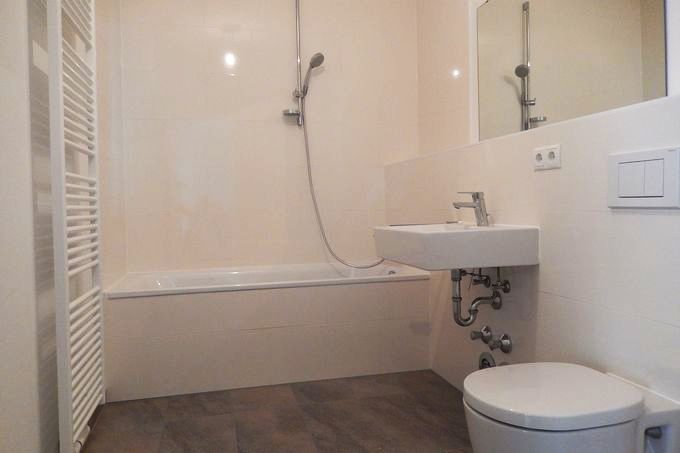


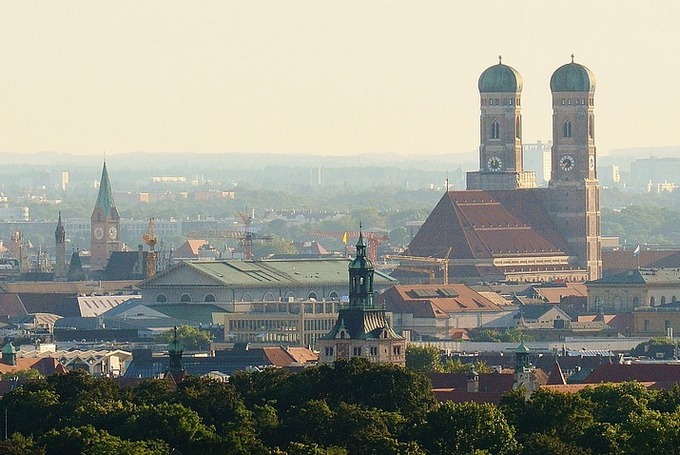
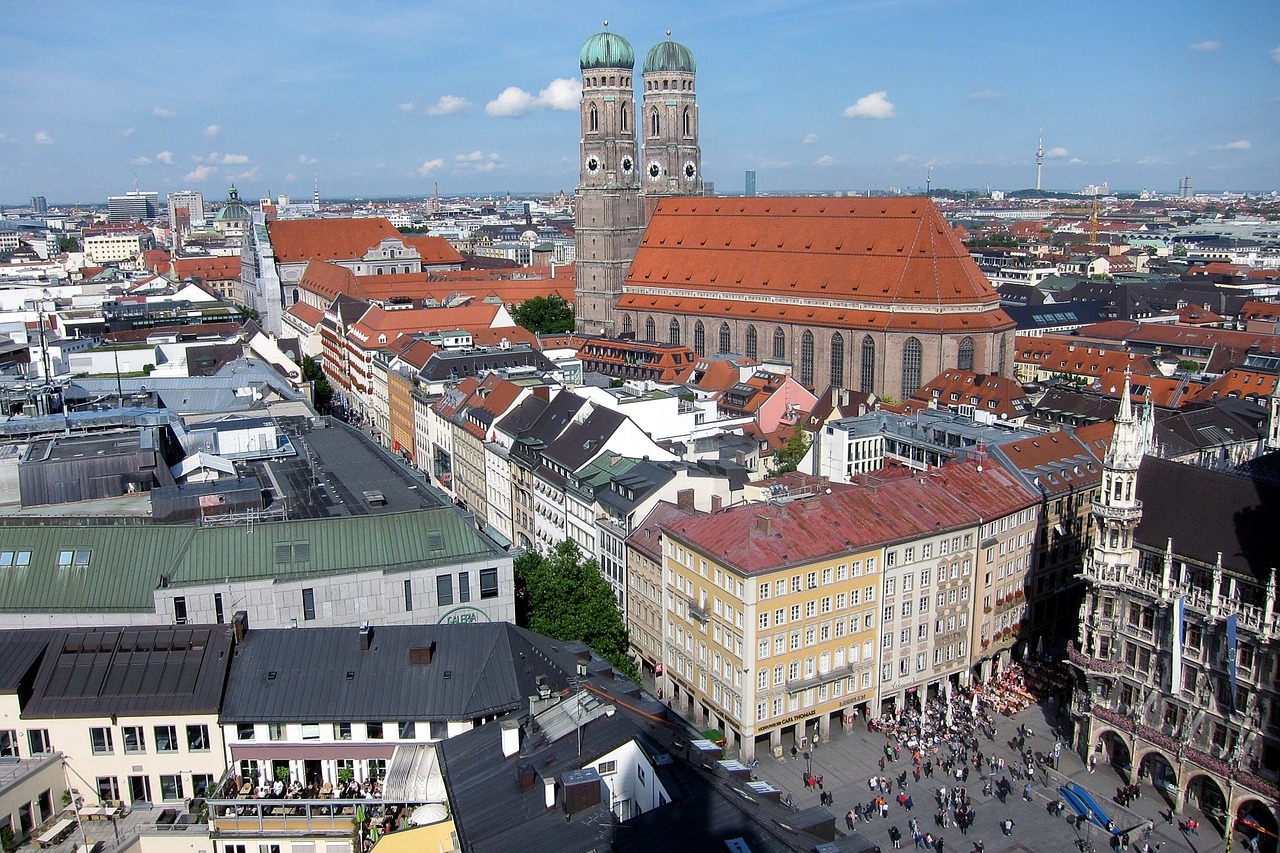
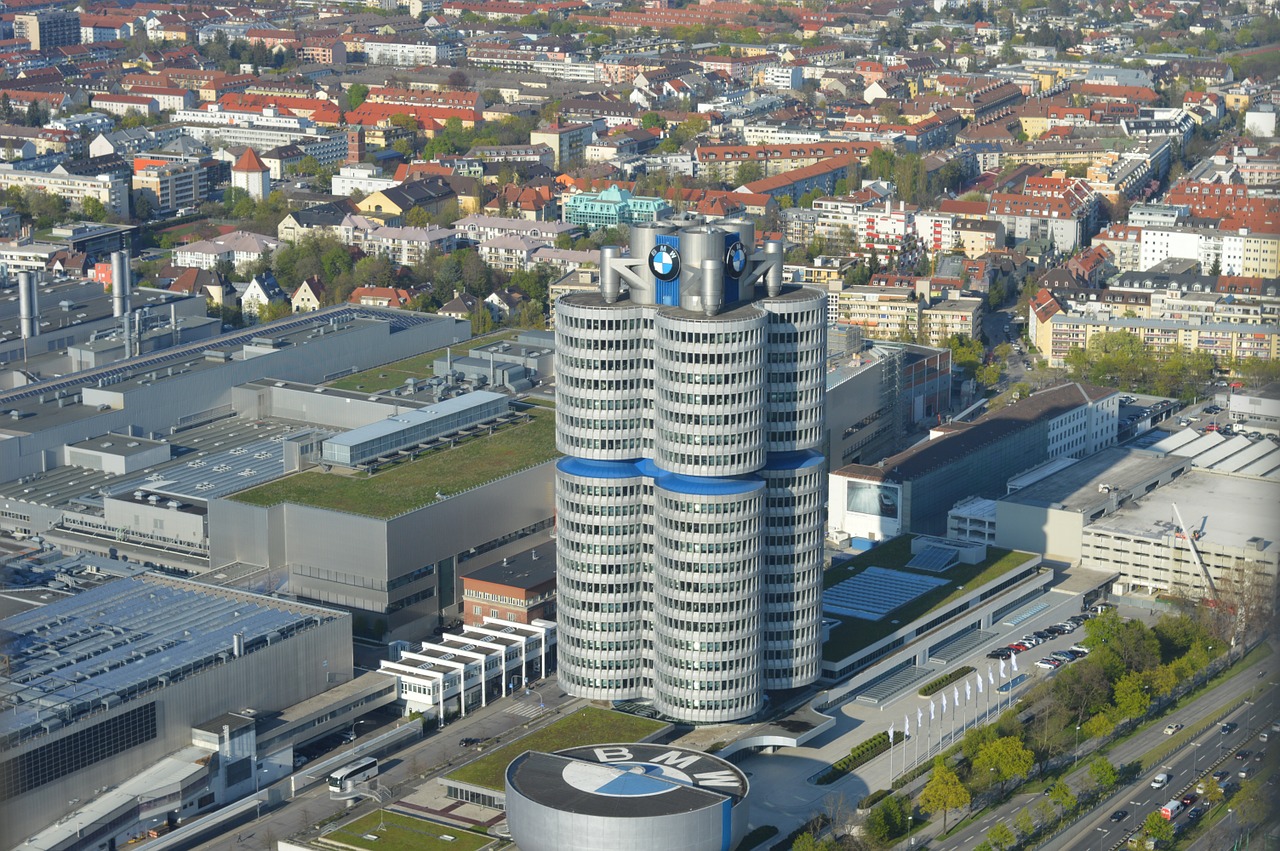

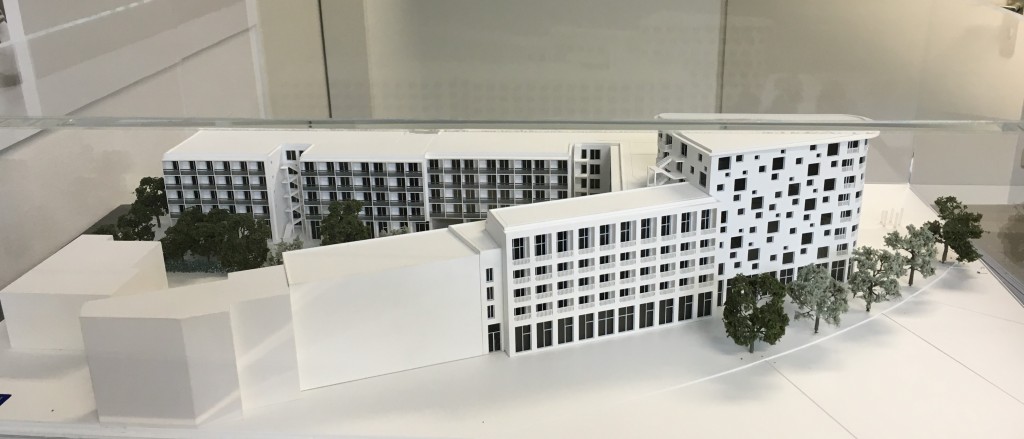
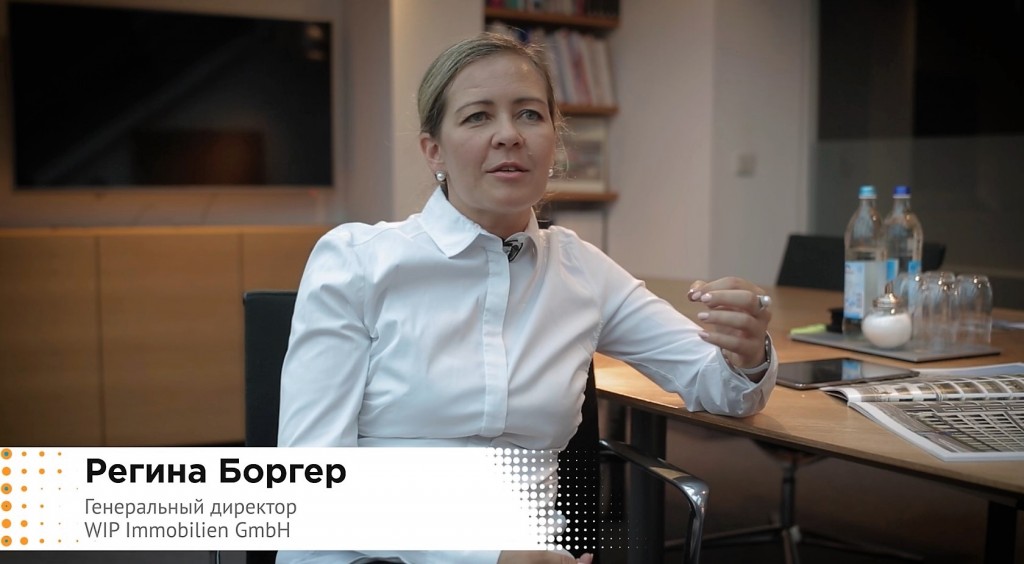
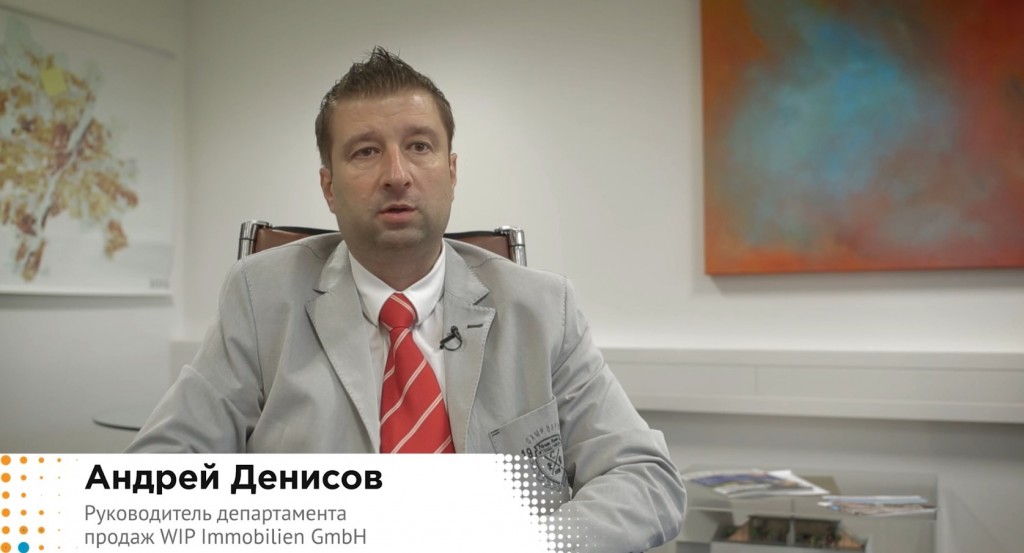

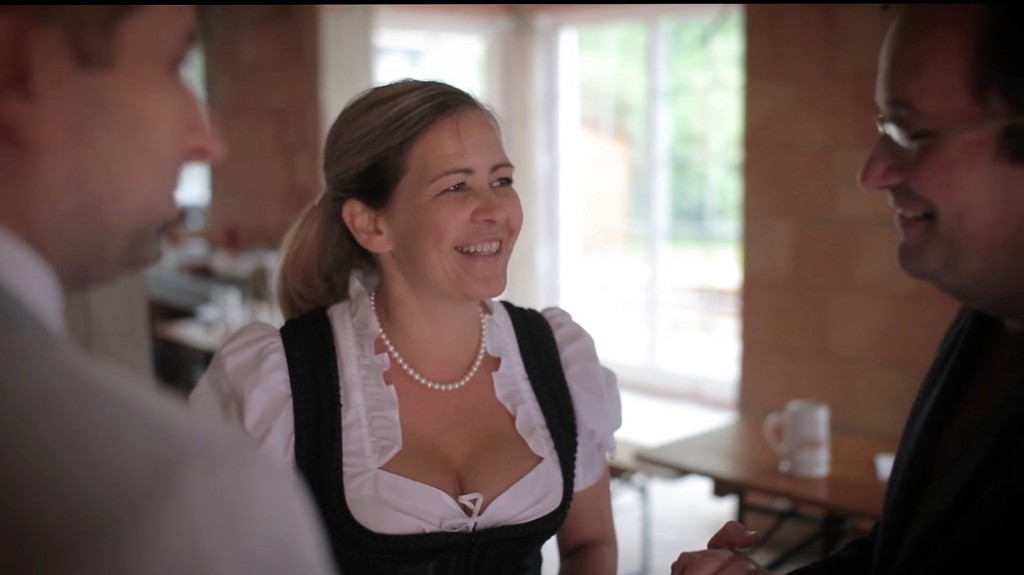
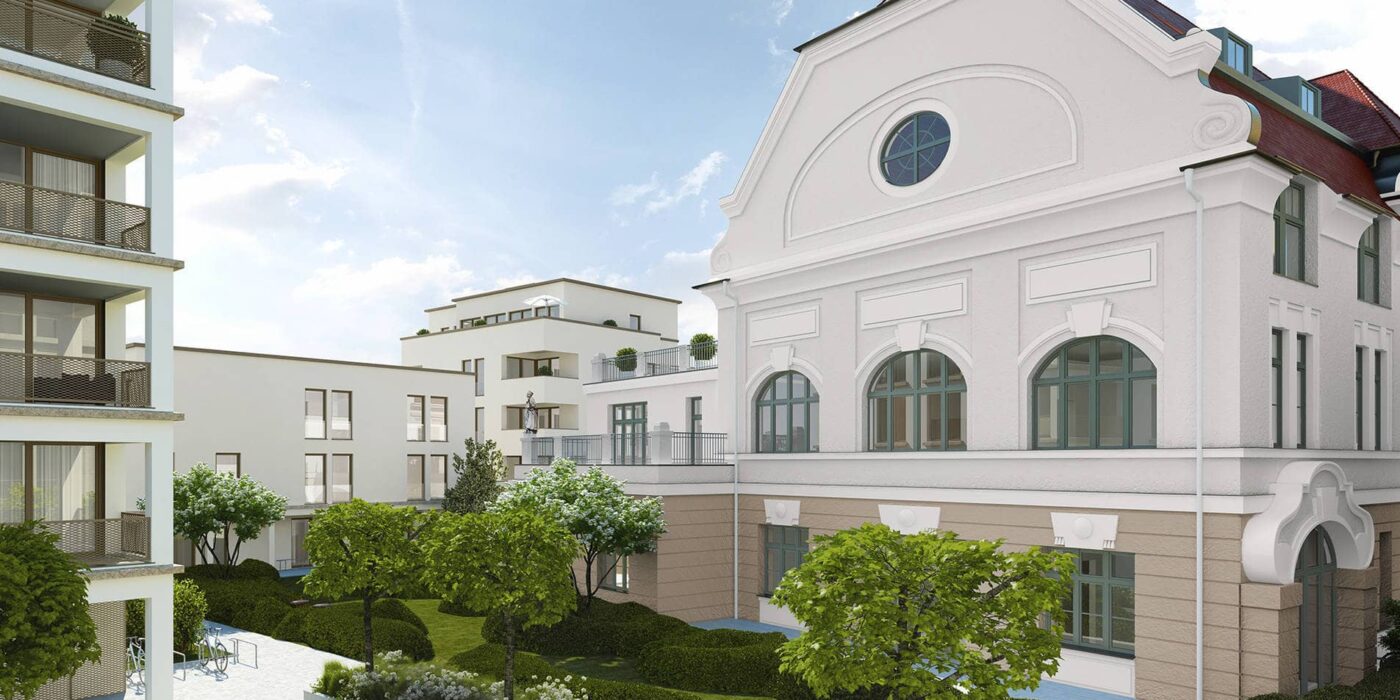
.jpg)

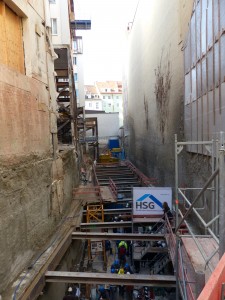
 The laying of a metal capsule, in which they put the project of the house, its description and the names of developers, designers and builders. As soon as this document is buried in the ground, it becomes historical: now only distant descendants will be able to read it, and it depends on those whose names are mentioned in this list, how long the new house will delight its residents.
The laying of a metal capsule, in which they put the project of the house, its description and the names of developers, designers and builders. As soon as this document is buried in the ground, it becomes historical: now only distant descendants will be able to read it, and it depends on those whose names are mentioned in this list, how long the new house will delight its residents.
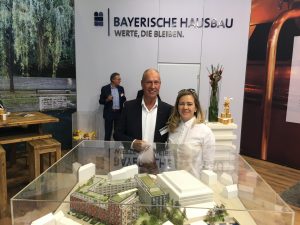
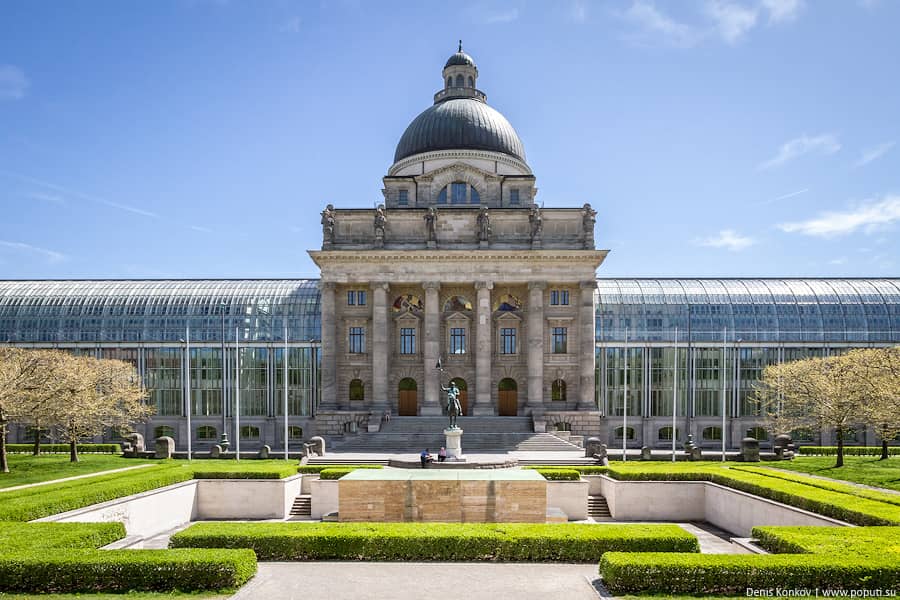
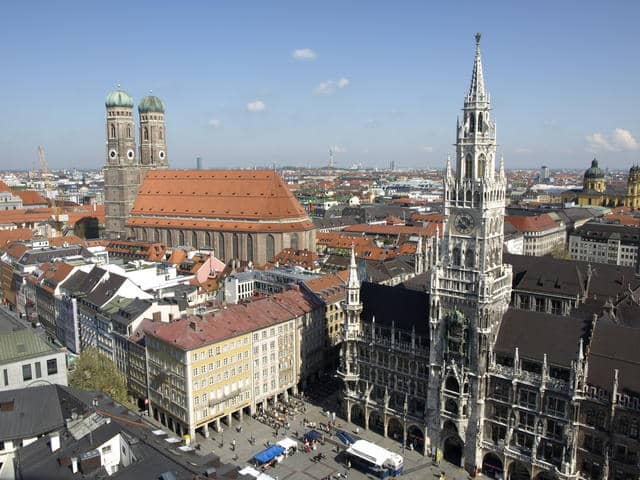
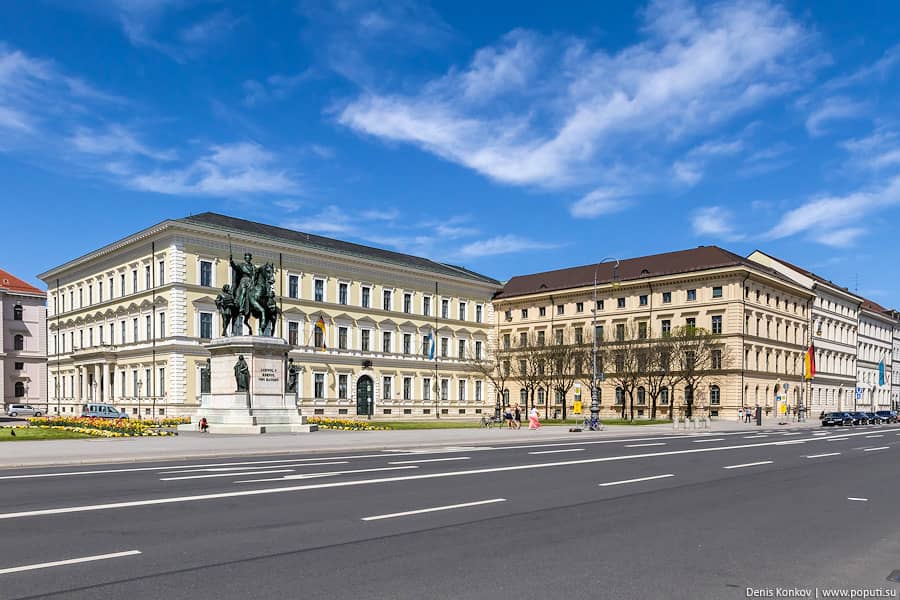
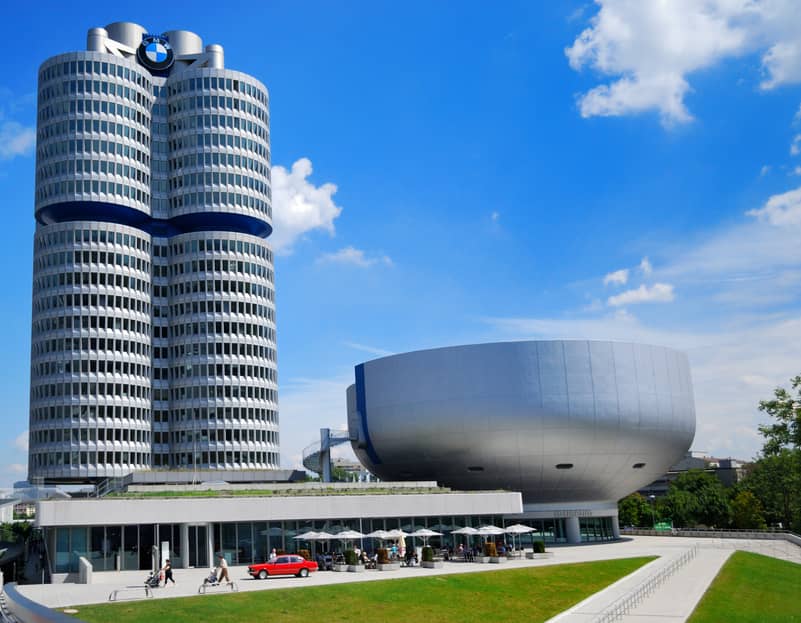

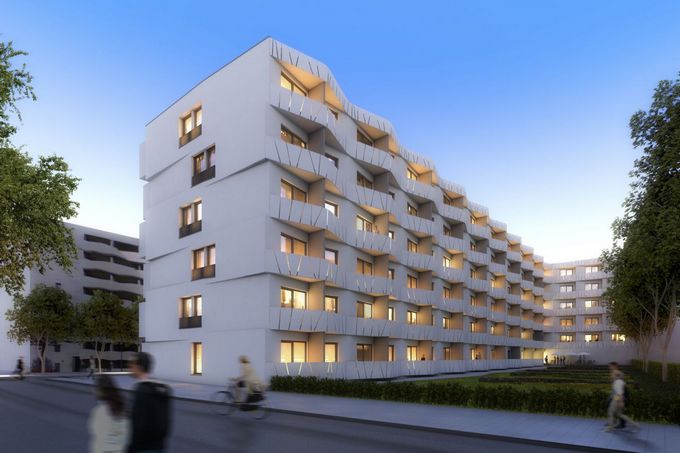
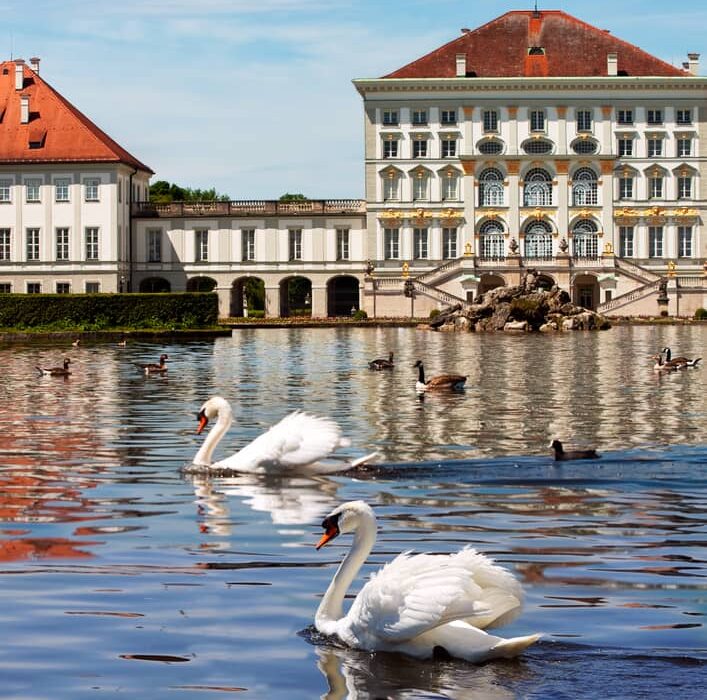


 Layout and drawings will help you understand what your future home will be like.
Layout and drawings will help you understand what your future home will be like.

